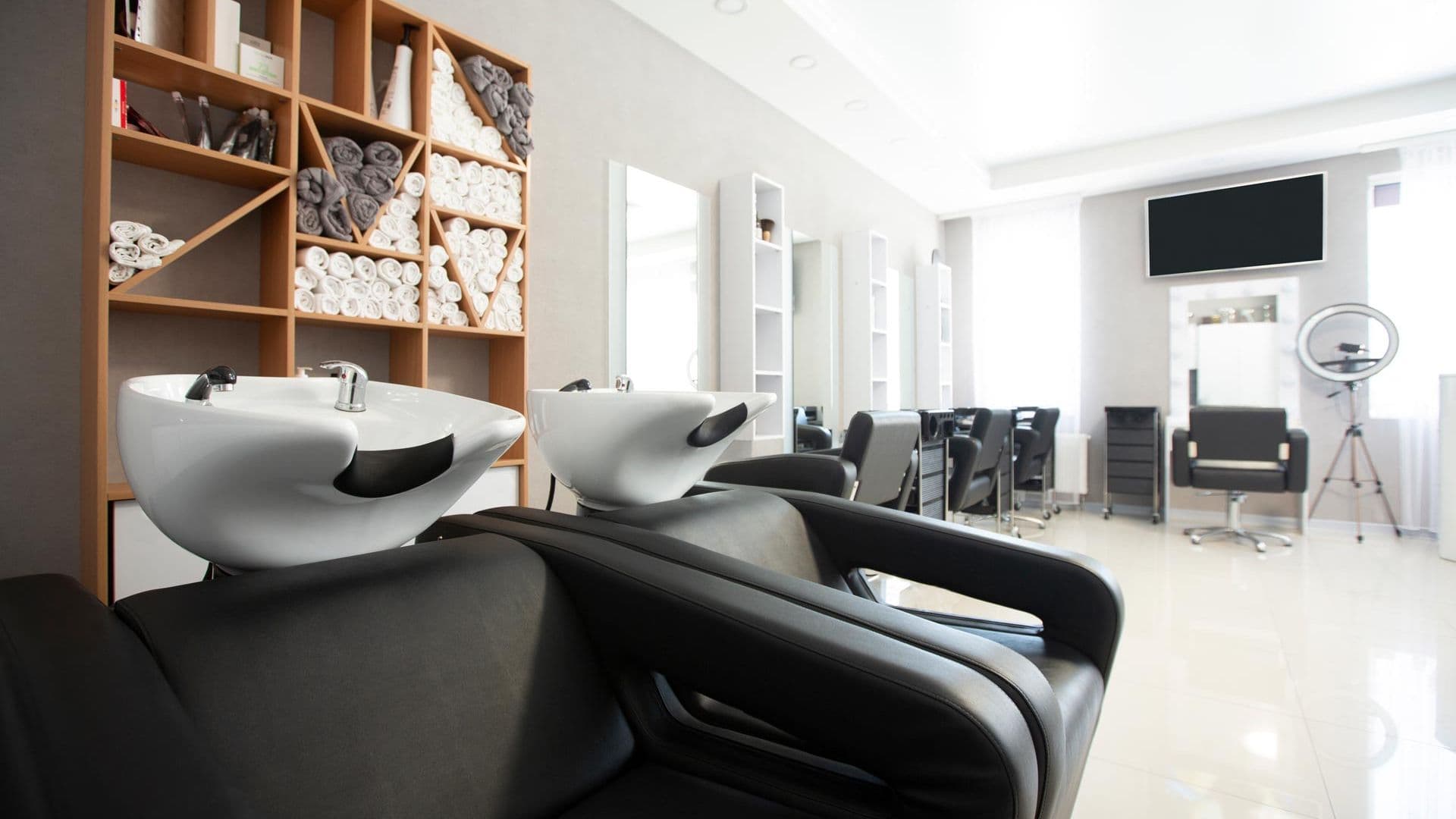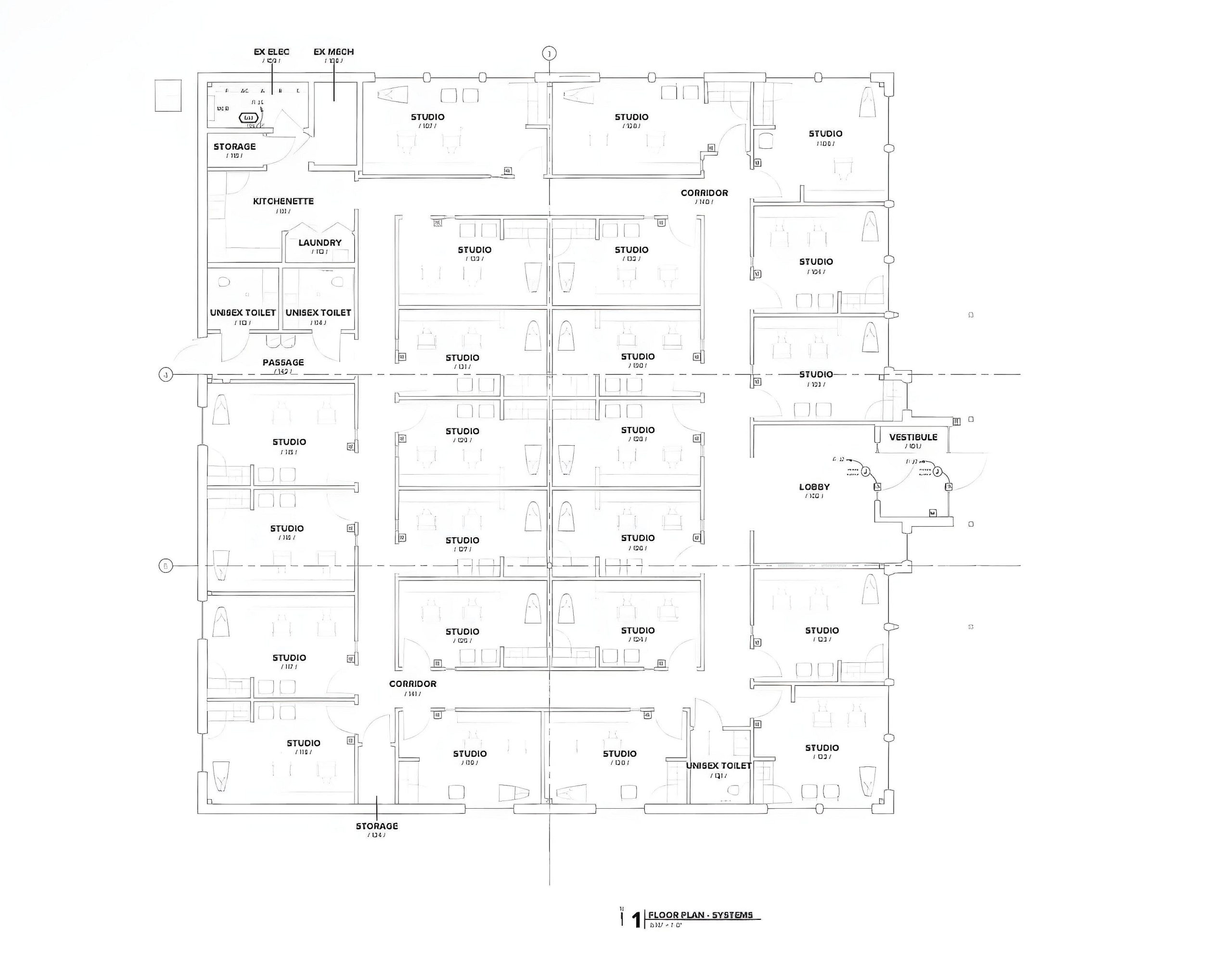Strategic Choices: Weighing the Advantage of Renting Versus Owning a Beauty Salon Space to Enhance Long-Term Success and Financial Feasibility
When it concerns developing a beauty salon organization, one of the crucial choices that owners have to meticulously think about is whether to lease or possess the space in which they run. The option between renting and possessing a salon area can have a substantial effect on the long-lasting success and financial wellness of business. Elements such as operational flexibility, economic ramifications, and financial investment prospective play an important function in this calculated decision-making procedure. By exploring the benefits and drawbacks of each alternative, beauty salon proprietors can make enlightened options that straighten with their company goals and aspirations.

Advantages And Disadvantages of Leasing
When thinking about the choice between renting a salon area or possessing one, it is important to evaluate the pros and cons of leasing to make an enlightened option. One main advantage of renting a beauty parlor room is the adaptability it offers.

Financial Elements to Take Into Consideration

Thinking about the monetary implications of leasing a hair salon space versus possessing one is crucial for making a knowledgeable business decision. When assessing the economic variables, it is essential to evaluate the initial prices connected with each alternative. Leasing a salon room commonly needs a down payment and month-to-month rent settlements, whereas possessing entails a down repayment, home loan settlements, residential or commercial property taxes, and upkeep expenditures.
Furthermore, the long-term economic implications vary in between leasing and possessing. Renting offers flexibility but may lead to higher cumulative costs over time as a result of rental increases. On the various other hand, possessing a salon space uses prospective equity development and the chance to build possessions. It is necessary to carry out a cost-benefit analysis to establish which alternative aligns finest with your economic goals and organization technique.
Leasing might use reduced upfront costs, allowing you to designate more resources to marketing and organization growth. Reviewing these economic variables comprehensively will help you make a critical decision that maximizes your hair salon's long-term success and financial practicality.
Operational Flexibility and Control
Optimum operational effectiveness plays a critical function in determining the equilibrium in between versatility and control when determining between leasing and possessing a hair salon space. Leasing a salon room supplies inherent adaptability as it enables less complicated adjustments to altering market problems, customer choices, or business needs. This adaptability is specifically useful for brand-new beauty parlor owners or those looking to test different places prior to devoting long-lasting. Furthermore, leasing supplies the benefit of not being linked down to a specific home, making it possible for less complicated relocation if necessary.
On go the various other hand, owning a beauty parlor space supplies a higher sense of control over the home and its procedures. Owners have the freedom to personalize the space to their liking, implement long-term visit this site techniques without the threat of lease discontinuations, and potentially construct equity with time. Ownership also comes with duties such as property upkeep, insurance, and residential property taxes, which can affect the total monetary commitment.
Ultimately, the choice in between leasing and possessing ought to consider the desired degree of functional versatility and control that aligns with the salon's long-term goals and vision.
Investment Possible in Possession
Offered the functional considerations discussed previously, discovering the financial investment potential in hair salon possession loses light on the financial ramifications and long-lasting advantages that come with possessing a beauty parlor room. By spending in a beauty salon space, proprietors have the potential to profit from residential or commercial property gratitude, which can offer as a useful asset in the lengthy run.
Furthermore, ownership allows for better control over the space, enabling owners to customize and customize the salon to their details brand name and vision without the restrictions commonly enforced by proprietors. This degree of control can enhance the total client experience and brand name identification, potentially leading to enhanced customer retention and organization growth.
In terms of financial investment capacity, having a hair salon space can also open up possibilities for added revenue streams, such as leasing unused room to other appeal experts or including retail sales within the salon. Hair salon suites. These diversified earnings resources can add to the overall economic health and wellness and sustainability of business
Long-Term Security and Growth
With an emphasis on sustainability and development over time, establishing long-term security and fostering development are pivotal aspects of beauty parlor possession. To make certain lasting security, salon proprietors have to carefully consider elements such as place, market fads, and monetary preparation. Choosing in between renting and having a hair salon room plays a considerable duty in identifying business's growth possibility.
Renting a salon room supplies versatility and reduced preliminary costs, allowing owners hair stylist or hairstylist to designate resources in the direction of enhancing services and advertising and marketing efforts. Lasting rental costs can affect success and restrict the capacity to develop equity in the residential property. On the various other hand, owning a beauty parlor room provides stability with dealt with home loan payments and the possibility for property gratitude. By owning the area, beauty parlor owners have even more control over customizing the property to match their brand and can benefit from long-term property growth.
Eventually, the decision in between renting and having a beauty parlor space need to line up with the owner's long-lasting company objectives and monetary goals. Whether focusing on flexibility or equity building, a calculated method to residential or commercial property ownership can significantly influence the salon's security and growth trajectory.
Final Thought
To conclude, the choice between leasing and owning a beauty parlor area calls for a careful analysis of monetary elements, operational adaptability, investment potential, and long-term security. Both alternatives come with their own set of advantages and downsides, and it is crucial for beauty salon owners to consider these factors to optimize long-lasting success and economic viability. Barbershop. Eventually, the choice in between leasing and owning need to be based upon a comprehensive evaluation of individual organization goals and conditions